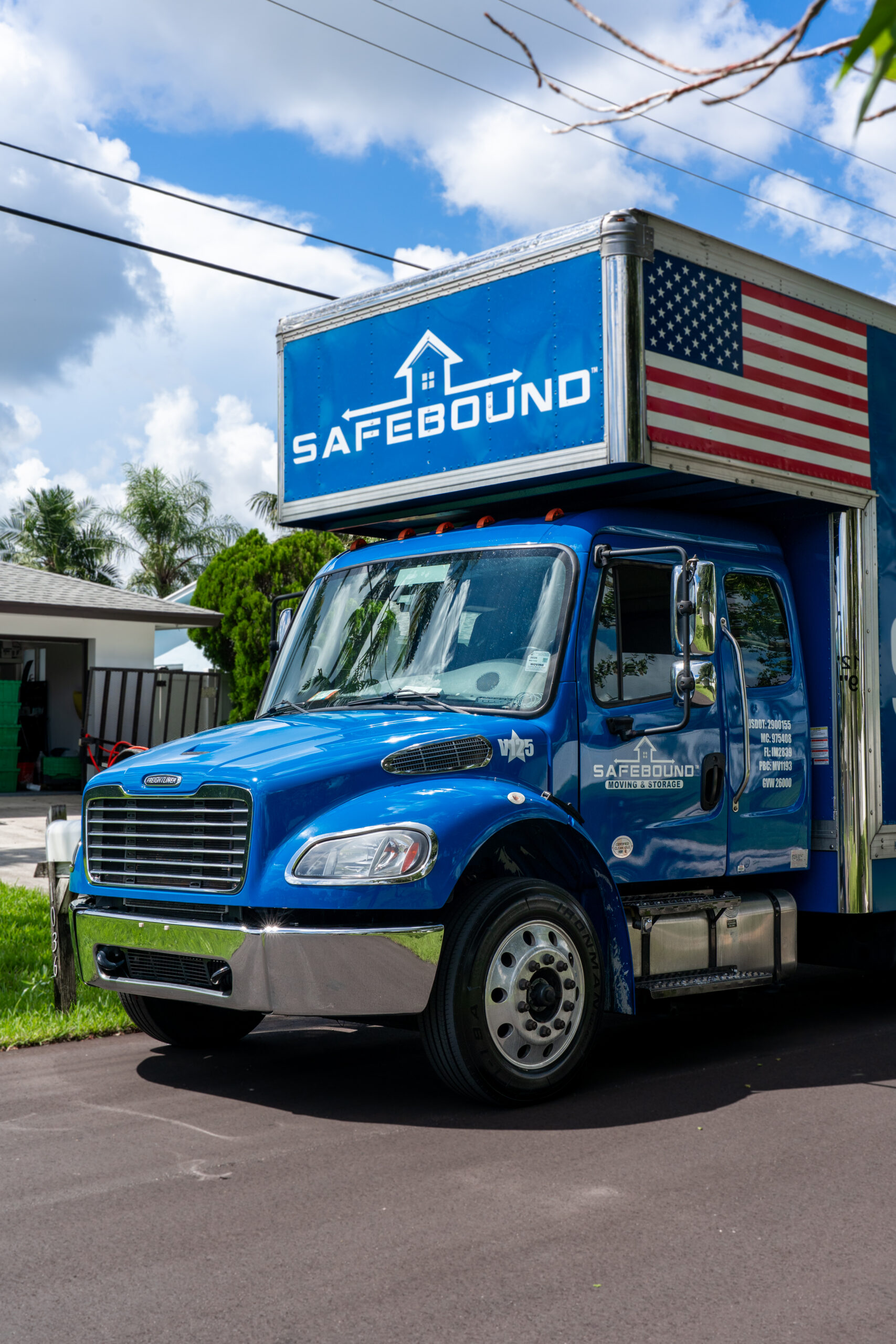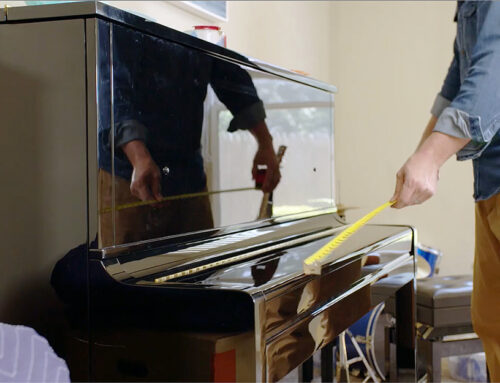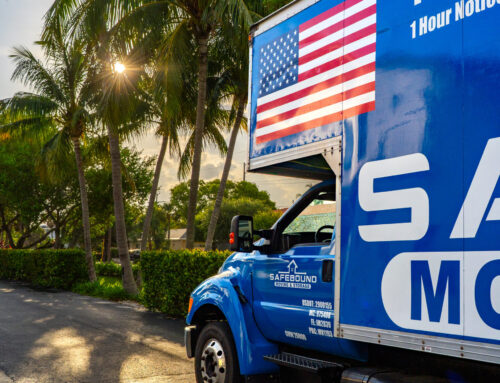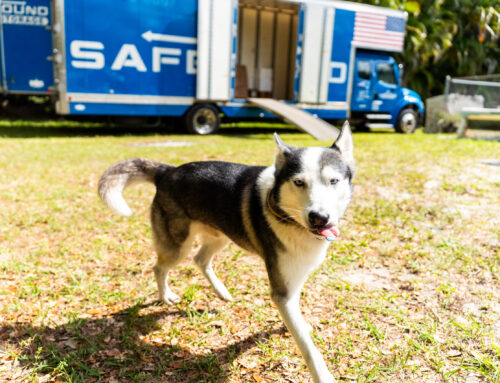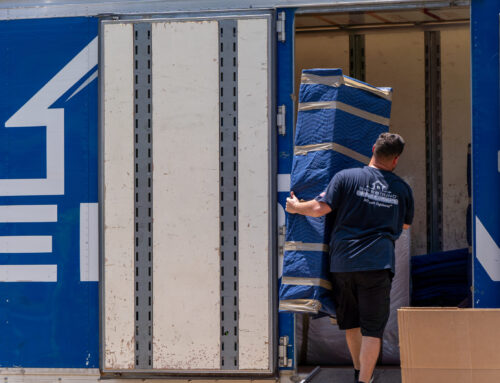Cross Country Moves: Your Complete Planning Guide
Moving across the country is one of life’s biggest adventures—and biggest logistical challenges. Whether you’re relocating for a new job, seeking a change of scenery, or moving closer to family, finding reliable cross country movers requires careful planning, strategic decision-making, and the right moving partner. Unlike a local move where you can make multiple trips if you forget something, a long-distance relocation demands precision and professional expertise from experienced cross country movers.
This comprehensive guide will walk you through every stage of planning your move with cross country movers, from the initial timeline to settling into your new home thousands of miles away.
Starting Your Planning: The 8-Week Timeline
The golden rule for hiring cross country movers is simple: start early. Ideally, you should begin planning at least two months before your move date, though three months is even better if your schedule allows.
8 Weeks Before Moving Day: This is the time to research and book your cross-country movers. Professional moving companies often book up quickly, especially during peak moving season (May through September). Get quotes from at least three reputable cross country movers, verify their licensing with the Federal Motor Carrier Safety Administration (FMCSA), and read recent reviews carefully. At Safebound Moving, we recommend scheduling a virtual or in-home estimate to get an accurate quote based on your specific needs.
6 Weeks Out: Create a master inventory of everything you own. Walk through each room and photograph your belongings. This serves multiple purposes: it helps you decide what to take, provides documentation for insurance purposes, and gives you a realistic sense of how much space you’ll need. Your moving coordinator at Safebound can help you create a comprehensive inventory during your estimate appointment. This is also the perfect time to start decluttering ruthlessly—the less you move, the lower your quote from cross country movers will be.
4 Weeks Before: Confirm all details with your moving company, including pickup and delivery dates, contact information, and payment terms. Notify your current landlord if you’re renting, and start the process of transferring or canceling utilities, internet, and other services. Research your new city’s requirements for vehicle registration, driver’s license transfers, and voter registration. If you’ve chosen Safebound’s full-service moving options, this is when we’ll finalize your packing service schedule.
2 Weeks Out: Double-check all arrangements with your moving team. Submit a change of address form with USPS. Schedule any necessary travel arrangements if you’re flying while your belongings are in transit. Arrange for utilities to be connected at your new home before arrival day.
Understanding Cross-Country Moving Costs
Long-distance moves are significantly more expensive than local relocations, and understanding the pricing structure helps you budget effectively. Cross country movers typically charge between $4,000 to $10,000 or more for a three-bedroom home, depending on distance, volume, and services.
Professional Full-Service Moving Costs: Reputable cross country movers like Safebound typically charge based on weight and distance. The average cost per pound ranges from $0.50 to $0.80 for moves over 1,000 miles. For a 7,000-pound household (roughly a three-bedroom home), you’re looking at $3,500 to $5,600 for transportation. Professional packing services add another $1,000 to $3,000, but they come with significant benefits: expert handling of fragile items, proper materials for protection, and often additional insurance coverage. When comparing cross country movers, specialty items like pianos, hot tubs, or vehicles add additional costs but require professional expertise to transport safely.
Why Professional Movers Are Worth It: While renting a truck might seem cheaper initially, the hidden costs add up quickly. Fuel expenses for large trucks can exceed $1,000 for a coast-to-coast journey, plus hotels, meals, truck rental fees, insurance, tolls, and the physical toll on your body. Professional cross country movers like Safebound provide trained crews, proper equipment, liability coverage, and peace of mind. According to the American Moving & Storage Association, professional cross country movers have a 95% on-time delivery rate and significantly lower damage rates than DIY moves.
Portable Container Options: Some companies offer hybrid solutions where they drop off containers, you load them, and they transport. These typically cost $3,000 to $7,500 for long distances. However, you’re still responsible for the heavy lifting, and items aren’t secured by professionals, which can lead to shifting and damage during transit. Most experienced cross country movers don’t recommend this option for valuable or fragile belongings.
Hidden Costs to Consider: Don’t forget about temporary housing if there’s a gap between your move-out and move-in dates, storage fees, vehicle shipping ($600 to $1,500 per vehicle), cleaning deposits, utility connection fees, and the inevitable “settling in” expenses like new furniture that won’t fit your new space or essential items you discover you need immediately.
The Great Debate: What to Pack vs. What to Replace
One of the most critical decisions in cross-country moving is determining what’s worth transporting thousands of miles. Your Safebound moving consultant can help you evaluate this during your estimate, potentially saving you hundreds in transportation costs. Most cross country movers recommend this rule of thumb: if it costs more to move than to replace, leave it behind.
Definitely Take: Sentimental items, important documents, valuable electronics, high-quality furniture in good condition, artwork, family heirlooms, and specialty items that would be expensive to replace. Your professional wardrobe, essential kitchen items, and anything you use daily should make the journey.
Consider Leaving Behind: Inexpensive furniture from big-box stores, heavy items with low value (like particle board bookshelves), old mattresses, worn-out appliances, half-full cleaning supplies, bulk pantry items, and anything that’s been sitting unused in your garage for years. Large potted plants are often prohibited by cross country movers and may not survive the journey anyway.
The Selling Strategy: Start selling unwanted items at least six weeks before your move. Use Facebook Marketplace, Craigslist, or OfferUp for furniture and larger items. Host a garage sale for smaller goods. Donate remaining items to charity for a tax deduction—the IRS provides guidelines for documenting donations. Some people find they can offset 10-20% of their moving costs through strategic selling.
Vehicle Shipping: Professional Transport Options
If you own multiple vehicles, you’ll need to decide whether to drive everything or ship some vehicles with professional auto transport services. Safebound partners with licensed auto transporters to provide seamless vehicle shipping as part of your move.
Driving Yourself: This is an option if you’re only moving one vehicle and don’t mind the road trip. Plan your route carefully, book hotels in advance, and budget for 3-7 days of travel depending on the distance. Consider having your car thoroughly serviced before a long cross-country drive.
Professional Vehicle Shipping: Auto transport companies charge $600 to $1,500 to ship a vehicle cross-country, depending on the route, vehicle size, and whether you choose open or enclosed transport. This makes sense if you have multiple vehicles, limited time, or a classic car that shouldn’t be driven long distances. When you book with Safebound, we can coordinate vehicle pickup and delivery to align with your household goods shipment. All auto transport partners are verified with proper FMCSA registration and insurance coverage.
The Hybrid Approach: Many Safebound customers drive one vehicle with essential items and immediate necessities while shipping a second vehicle. This gives you transportation immediately upon arrival while your main shipment is still in transit.
Temporary Housing and Storage Solutions
There’s often a gap between when you leave your old home and when your new place is ready. Planning for this limbo period is essential, and Safebound offers flexible storage options to bridge the gap.
Storage-in-Transit: Most professional moving companies offer storage-in-transit options where your belongings are securely stored in our climate-controlled facilities. This is ideal if your new home isn’t quite ready but you need to vacate your current residence. Safebound’s storage facilities are monitored 24/7, and your items remain packed and ready for final delivery when you’re ready.
Extended Stay Accommodations: For your personal temporary housing, extended stay hotels offer kitchenettes and weekly rates typically ranging from $400 to $900 depending on location. Short-term rentals through Airbnb and VRBO can provide more space and comfort, especially if you’re traveling with family or pets.
Timing Your Move: Working with an experienced moving company like Safebound allows you to coordinate pickup and delivery dates strategically. We offer delivery windows that can accommodate your closing dates, lease terms, and other scheduling constraints.
Protecting Your Belongings: Insurance and Liability
Professional cross country movers are required to offer basic liability coverage, but understanding your protection options is crucial. According to federal regulations, interstate movers must provide two types of liability coverage options.
Basic Released Value Protection: This is included in your moving cost but provides minimal coverage at $0.60 per pound per item. This means your 50-pound television would only be covered for $30 if damaged.
Full Value Protection: This is the more comprehensive option where the mover is liable for the replacement value of lost or damaged items. At Safebound, we recommend this coverage for long-distance moves and can explain the cost difference during your estimate. You can also check with your homeowner’s or renter’s insurance to see if they provide coverage during moves—some policies include this, as noted by III.org.
High-Value Item Protection: Antiques, artwork, jewelry, and collectibles may require special coverage. Disclose these items during your estimate so proper protection and documentation can be arranged.
Essential Documents and Immediate Needs
Your moving coordinator will recommend keeping essential documents and immediate necessities with you during the move rather than in the moving truck. This includes: important papers (birth certificates, passports, financial documents), medications, valuables, a change of clothes, toiletries, phone chargers, and pet supplies.
Transfer medical records and prescriptions to providers in your new city before you move. If you have school-age children, request transcripts and records from their current schools at least a month before the move, as recommended by the U.S. Department of Education.
Making It Official: Post-Move Checklist
Once you arrive, you’ll have a flurry of administrative tasks to complete. Most states require you to obtain a new driver’s license within 30-90 days of establishing residency—check your specific state’s DMV requirements. Vehicle registration requirements vary by state but generally follow similar timelines.
Update your voter registration through Vote.gov, notify your bank and credit card companies of your new address, and find new doctors, dentists, and veterinarians. Set up utilities before you arrive if possible—there’s nothing worse than showing up to a home with no electricity or internet.
Why Choose Professional Cross Country Movers
The difference between a stressful cross-country move and a smooth transition often comes down to choosing experienced, reputable cross country movers. At Safebound Moving, we specialize in long-distance relocations and understand the unique challenges of interstate moves. Our team handles everything from careful packing and loading to navigating logistics and ensuring on-time delivery.
Professional cross country movers provide:
- Trained crews with specialized equipment
- Proper packing materials and techniques
- Comprehensive insurance options
- Transparent pricing with no hidden fees
- Accountability and tracking throughout your move
- Coordination of complex logistics you’d handle alone otherwise
Final Thoughts
Cross-country moving is undeniably complex, but with the right planning and professional support from qualified cross country movers, it can mark an exciting new chapter rather than a stressful ordeal. Starting early, budgeting realistically, and partnering with experienced cross country movers like Safebound sets you up for success.
Some challenges are inevitable—weather delays, minor scheduling adjustments, or unexpected circumstances. However, working with a professional moving company means you have expert support to navigate these issues rather than handling them alone.
The key to a successful cross-country relocation isn’t perfection—it’s preparation and the right partnership. Contact Safebound Moving today for a free estimate and discover how our experience and dedication can make your long-distance move seamless. With decades of experience in cross-country relocations, we’re ready to help you tackle the logistics so you can focus on the adventure ahead.

